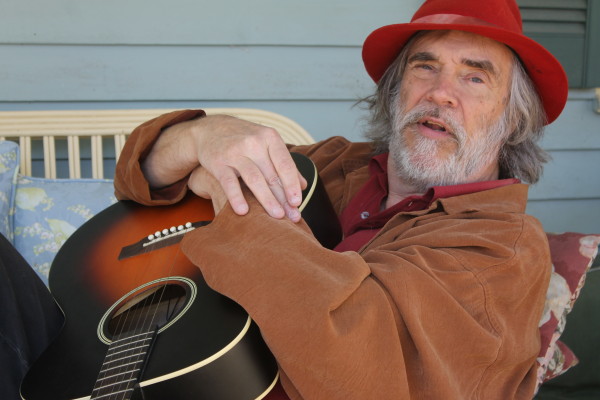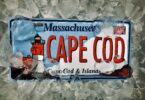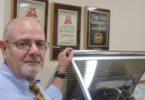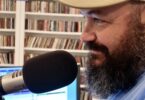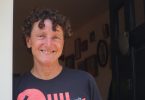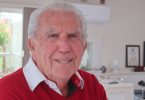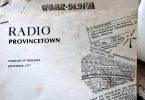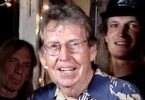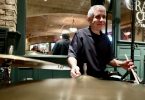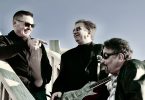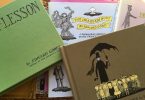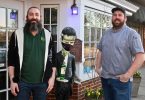EASTHAM – We would love to be a fly on the wall when all of the musical voices inside of Chandler Travis’ head talk to each other. Short of that, we are left his new album, “Bocce & Bourbon, The Comfortable Songs of Chandler Travis and David Greenberger,” in which Travis teams up with a…
You may also like
“Making dreams come true at Mark’s Music”: Mark Filteau, A Profile
Frozen Out: As ICE Acts on Cape Cod, Locals React
A Paywall For Our Longform Stories
Harvest Days: Remembering Michael Pearson’s Harvest Gallery Wine Bar
The Grab Brothers Make Hippie Happy Music – A Profile
The “Functional Art” of Walter Baron, Boatbuilder – A Profile
Follow The Money, and The Good Vibe; Why Shop Local – An Essay
Making Things Happen; Attorney Bruce Bierhans – A Profile
Are We Winning? In Our Summer Paradise, Summer Is Warmer & Longer
Dream Job: Rich Rogers’ Blue Collar Path to WMVY – A Profile
Wear A Cape Cod Wave Hat Near Cape Cod Waves
Christmas Cavalcade For The Homeless Set For December 17 At The Music Room In Yarmouth
Dan McKeon: Ptown’s Available Housing Matchmaker – A Profile
Mwalim: Da Phunkee Professor, Artist, Writer & Groovalotto – A Profile
Zoe Lewis: Provincetown’s Jazzy Zen Vaudeville Vagabond – A Profile
Eradicating Racial Wealth Gap Theme for Hyannis Event
ArtsCape: The Quirky Creations of Sue Beardsley
George Sylvestre, Fishing The Brewster Flats – A Guide’s Story
Andy Dufresne: 91 Candles For Falmouth’s Civic-Minded Barber – A Profile
WOMR At 40; An Outermost Radio Tale of Audacity & Tenacity
Saving East End Books; A Community’s Love & Jeff Peters’ “nerves of steel”
Surfers Create Scholarship To Honor Life Of Shark Attack Victim, Arthur Medici
Jill Erickson: A Town Librarian Retires – A Profile
Mike Houghton, Once Upon A Time At Jasper’s Surf Shop – A Profile In Memoriam
Bart Weisman “the Jazz Mayor Of Cape Cod” – A Profile
Ripple Effect — Rising House Prices, Summer & Cape Cod’s Future
Christin Marshall of EforAll; Evangelist For Entrepreneurs – A Profile
Meet The Jitters – The Cape Cod Band Formed By The Pandemic & Technology
How Collectible is Gorey? Very
22 Corned Beef Briskets of Optimism – St. Patrick’s Day at Liam Maguire’s Irish Pub
About the author
Brian Tarcy
Brian Tarcy is co-founder of Cape Cod Wave. He is a longtime journalist who has written for the Boston Globe, Boston magazine, the Cape Cod Times and several other publications. He is the author of "YOU CAN'T SELL RIGHT FIELD; A Cape Cod Novel." He is also the author or co-author of more than a dozen mostly non-fiction books, including books with celebrity athletes Cam Neely, Tom Glavine and Joe Theisman. His previous book was, "ALMOST: 12 Electric Months Chasing A Silicon Valley Dream" with Hap Klopp,who created the iconic brand, The North Face.
For more information, see Briantarcy.com
Brian is a long-suffering Cleveland Browns fan with a long-running NFL predictions/political satire column connecting weekly world events to the fate of his favorite team, now at Whatsgonnahappen.com.

